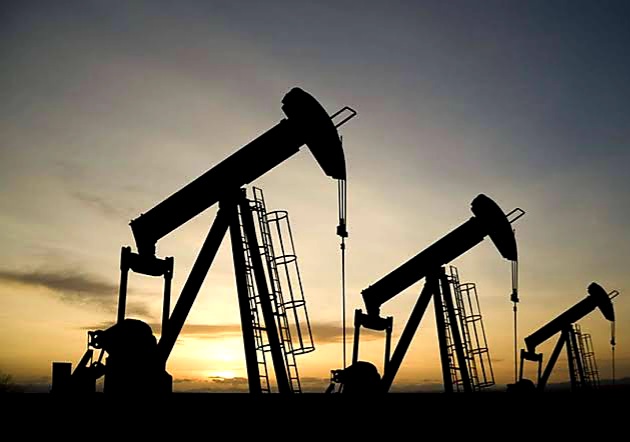Dec 9 (Reuters) – Oil prices rose more than 1% on Monday, as top importer China took its first step toward easing monetary policy for the first time since 2010 to boost economic growth, state media reported, citing a politburo meeting.
Brent crude futures rose $1, or 1.4%, to $72.12 a barrel at 1356 GMT. U.S. West Texas Intermediate (WTI) crude futures rose $1.09, or 1.6%, to $68.29.
“Oil prices are likely to jump as monetary policy easing in China has boosted risk sentiment,” said UBS analyst Giovanni Stauno.
China’s growth has stalled, as a slowdown in the property market has hit confidence and consumption.
China’s slowdown also led oil producer group OPEC+ to decide last week to postpone its plans for higher output until April.
China will adopt a “moderately loose” monetary policy, a term it last used in 2010 as it tried to recover from the global financial crisis, according to the official readout of a meeting of top Communist Party officials.
“However, the announcement does not contain detailed information,” said Tamas Varga of oil broker PVM, adding that reliable price support in the form of revived Chinese oil demand will only come if consumer sentiment and spending improve.
Loose policy refers to actions taken by the central bank or government, such as increasing the money supply, lowering interest rates and implementing fiscal stimulus, to boost growth.
Uncertainty following the fall of Syrian President Bashar al-Assad also supported crude oil prices.
Syrian rebels announced on state television on Sunday that they had ousted Assad, ending the 50-year-old family dynasty, raising fears of a new wave of instability in a region already torn by war.
“Developments in Syria have added a new layer of political uncertainty in the Middle East, which has provided some support to the market,” said Tomomichi Akuta, senior economist at Mitsubishi UFJ Research & Consulting.
“But Saudi Arabia’s price cut and the extension of OPEC+ production cuts last week underscored weak Chinese demand, indicating that the market may soften by year-end,” he said, noting that investors are tracking early signs of any impact on markets from U.S. President-elect Donald Trump’s expected energy and Middle East policies.
Top exporter Saudi Aramco on Sunday slashed January 2025 prices for Asian buyers to their lowest since early 2021.




